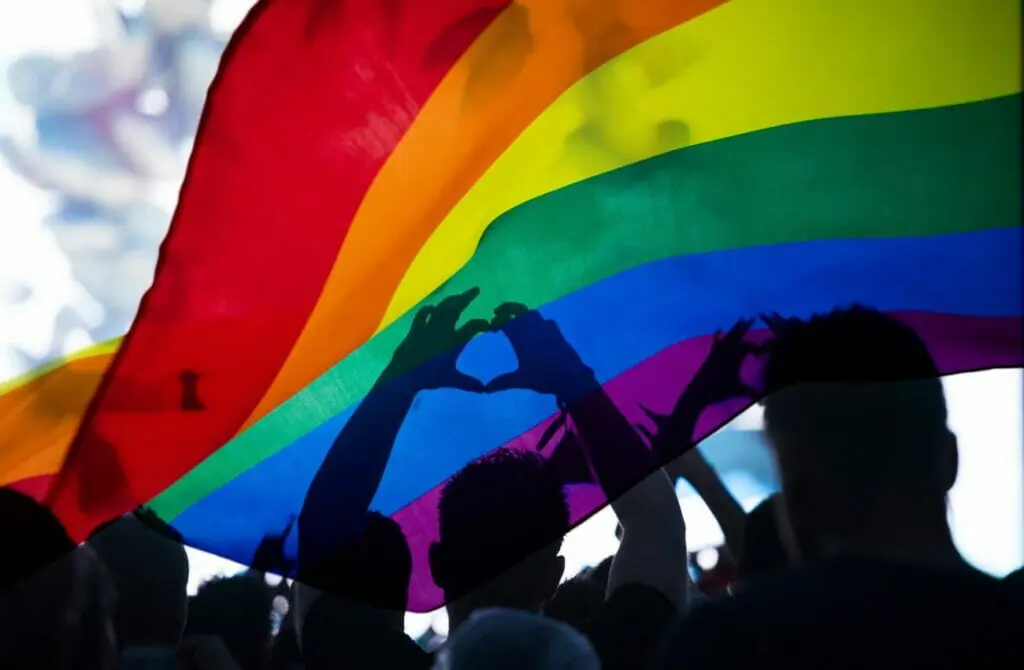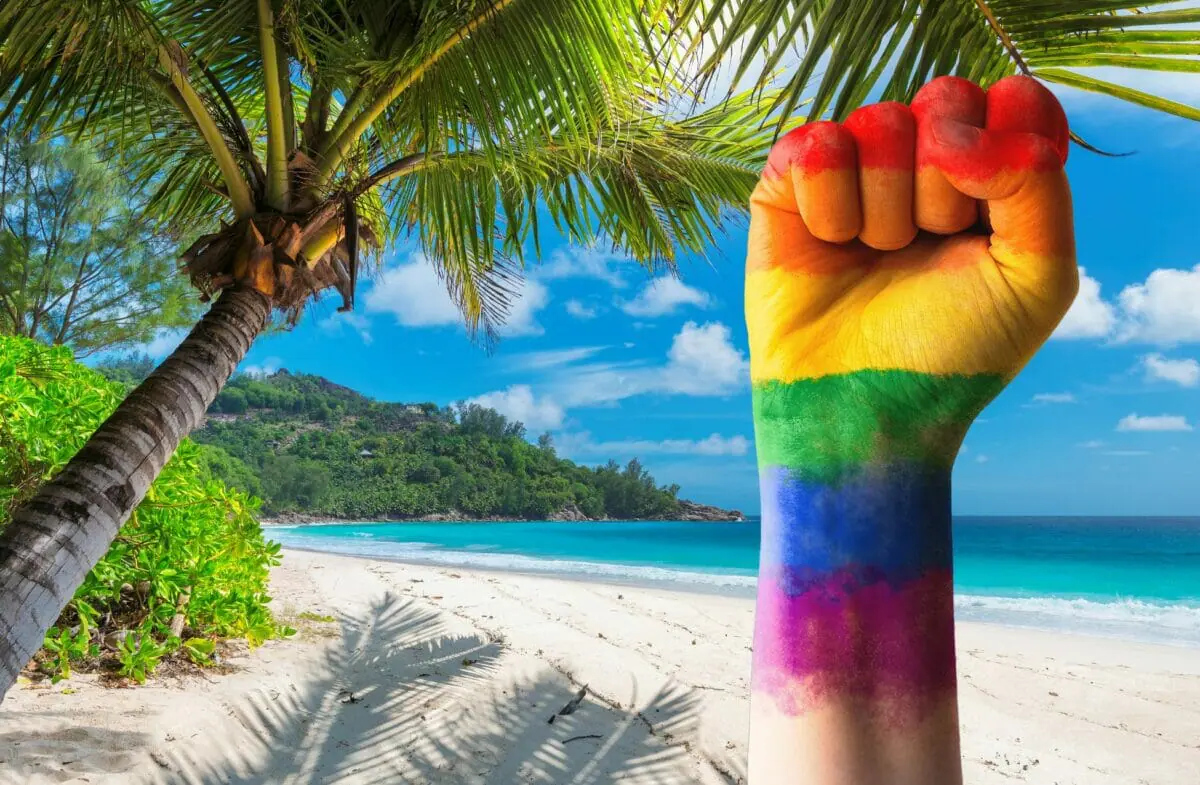As an LGBT traveler, it’s important to address the topic of LGBT rights in Jamaica and how they affect both local people and tourists. The island is known for its stunning beauty, vibrant culture, and rich history.
However, the legal and social climate for LGBT individuals is concerning. In Jamaica, consensual sexual intercourse between same-sex partners is punishable by imprisonment, and the nation struggles with widespread discrimination and violence against LGBT and intersex individuals.
For tourists traveling to Jamaica, it’s crucial to remain informed and vigilant. While the experience of visiting the island may differ between local Jamaicans and visitors, exercising caution, understanding cultural nuances, and staying up-to-date with current information is essential. The situation in any country can change quickly, so seeking reliable and current advice before planning your trip is always recommended.
There are steps that can be taken to protect oneself while traveling, such as being discreet about one’s sexuality in public, choosing safe and LGBT-friendly accommodations, and connecting with local LGBT organizations for support and information.
However, it’s necessary to remember that there are always potential risks and bad actors, regardless of the destination you’re visiting. Prioritizing your safety while also advocating for the rights and well-being of LGBT individuals in Jamaica will contribute to a more inclusive and accepting future for all.


History Of LGBT Rights In Jamaica
The origins of LGBT rights in Jamaica can be traced back to the Buggery Law of 1861, which was liberalized in England in 1967. However, Jamaica gained its independence in 1962 and maintained the buggery law adopted from the British constitution. This law is still in force today under the Offences Against the Person Act (1864). Homosexual acts are illegal in the country, with sentences of up to 10 years imprisonment with hard labor for those convicted.
LGBT rights in Jamaica have made progress in recent years, thanks to the dedication of activists and organizations such as the Jamaica Forum for Lesbians, All-Sexuals and Gays (J-Flag), the country’s largest LGBT rights organization. Despite the progress made, discrimination and violence against the LGBT community continues.
For tourists and locals alike, the environment surrounding LGBT rights can differ dramatically. In some tourist areas, LGBT individuals may experience a more accepting atmosphere, as tourism businesses are often more tolerant and understanding. However, it is crucial for both locals and visitors to remember that the situation may vary depending on the location, and one must always exercise caution and be aware of current laws.
As an LGBT traveler, there are several steps to consider in order to protect yourself and ensure a safe and enjoyable trip. Firstly, stay informed about the current state of LGBT rights in Jamaica and any changes that may occur before and during your trip. Secondly, exercise discretion when discussing your sexual orientation or gender identity, especially in public spaces or unknown environments. Thirdly, connect with LGBT organizations and safe spaces to get guidance on navigating the local culture.
It is essential to keep in mind that situations can change quickly, and information may become outdated. Therefore, always seek the most current advice before traveling, and remain vigilant as there are bad actors in every country. By staying informed and cautious, you can contribute to the ongoing push for acceptance and equal rights for the LGBT community in Jamaica.
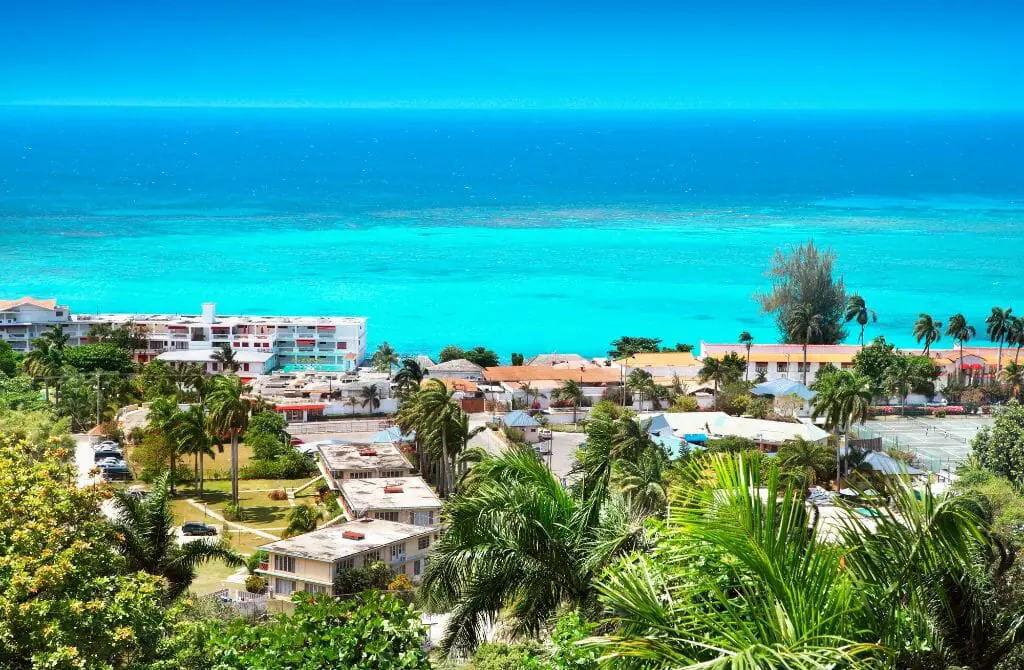

The LGBT Current Situation In Jamaica
When considering the safety of both local and tourist LGBT communities in Jamaica, it’s crucial to understand the ongoing challenges they face. Same-sex relations are still criminalized, and a significant portion of the population remains opposed to the acceptance of homosexuality. Reports of violence and discrimination are concerning, with 231 cases documented by the Jamaican Forum for Lesbians, All-Sexuals, and Gays (J-FLAG) from 2009 to 2012. Despite criticism towards the government’s approach to these issues, it’s important to note that the situation can evolve rapidly, and staying informed with the latest information is essential.
In contrast to Jamaica, Haiti, while not having legalized same-sex marriage, does not criminalize same-sex relations, and there is a lesser degree of societal discrimination against the LGBT community. However, Haiti still faces significant challenges in terms of broader human rights and societal acceptance.
On the other hand, Cuba has made notable progress in recent years. The government has begun to recognize and protect LGBT rights more actively, including state-sponsored sex reassignment surgery and anti-discrimination laws. This shift demonstrates a stark contrast to Jamaica’s current situation and highlights the varying degrees of acceptance and legal protection for LGBT individuals in neighboring Caribbean countries.
For tourists visiting Jamaica, it is essential to be aware of the prevailing attitudes and take action to ensure your safety. In comparison to local people who may experience discrimination and violence daily, tourists may have better chances of avoiding such issues by:
- Avoiding public displays of affection: While not entirely foolproof, this measure can help prevent unwanted attention.
- Sticking to tourist-friendly areas: Please do your research on which locations offer a safer and more welcoming environment for the LGBTQ+ community.
- Connecting with local LGBTQ+ groups: Organizations like J-FLAG can provide valuable information and assistance while navigating Jamaica as an LGBTQ+ individual.
- Remain vigilant: Always be mindful of your surroundings, as bad actors exist in every country.
These recommendations may provide some protective measures during your visit; however, it is crucial to seek updated information and advice before traveling. Remember that the situation can change rapidly, and it’s always best to err on the side of caution and stay informed.
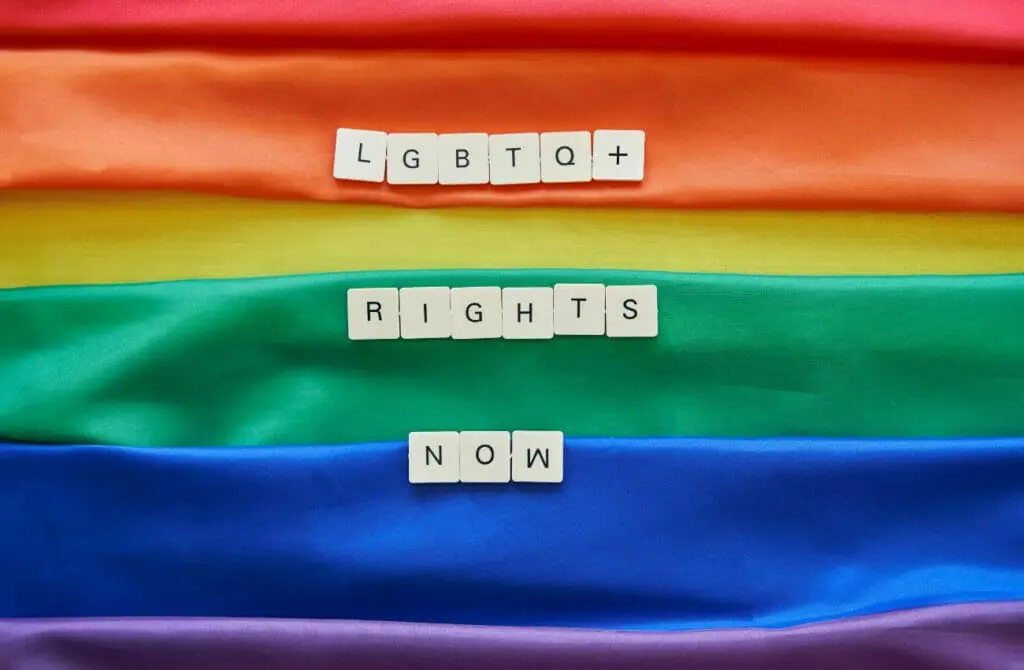

The Future For The Queer Community In Jamaica
It is crucial to discuss the future of LGBT rights in Jamaica, especially in terms of how they impact both local people and tourists. While the island nation is known for its vibrant culture and picturesque landscapes, it has also faced challenges regarding LGBT rights, with anti-LGBT laws and a history of violence and discrimination against the community.
For local LGBTQ+ individuals, the situation can be difficult, as evidence of discrimination and violence persists. Between 2009 and 2012, the Jamaican Forum for Lesbians, All-Sexuals, and Gays (J-FLAG) documented 231 reports of discrimination and violence based on gender identity and/or sexual orientation. Fortunately, change may be on the horizon, as human rights bodies have called for the repeal of Jamaica’s anti-LGBT laws. Efforts are being made to train public officials and gather data on violence and discrimination against LGBT and intersex people.
Tourists, on the other hand, may not be exposed to the same level of risk as local LGBTQ+ individuals. However, they must remain vigilant and cautious when traveling to Jamaica. To ensure safety, travelers should:
- Seek updated information on the local situation before traveling
- Familiarize themselves with the cultural context and local laws
- Stick to established tourist areas and reputable establishments
- Exercise discretion when expressing their LGBTQ+ identity
It is essential to acknowledge that the situation regarding LGBT rights in Jamaica or any other country can change rapidly, and information can quickly become outdated. Therefore, it is critical for all travelers to remain cautious and vigilant while traveling, seeking current advice and taking the necessary precautions to protect themselves regardless of the country they are visiting. By staying informed and cautious-minded, LGBTQ+ individuals and allies can play an essential role in promoting change and fostering a safer environment for all.
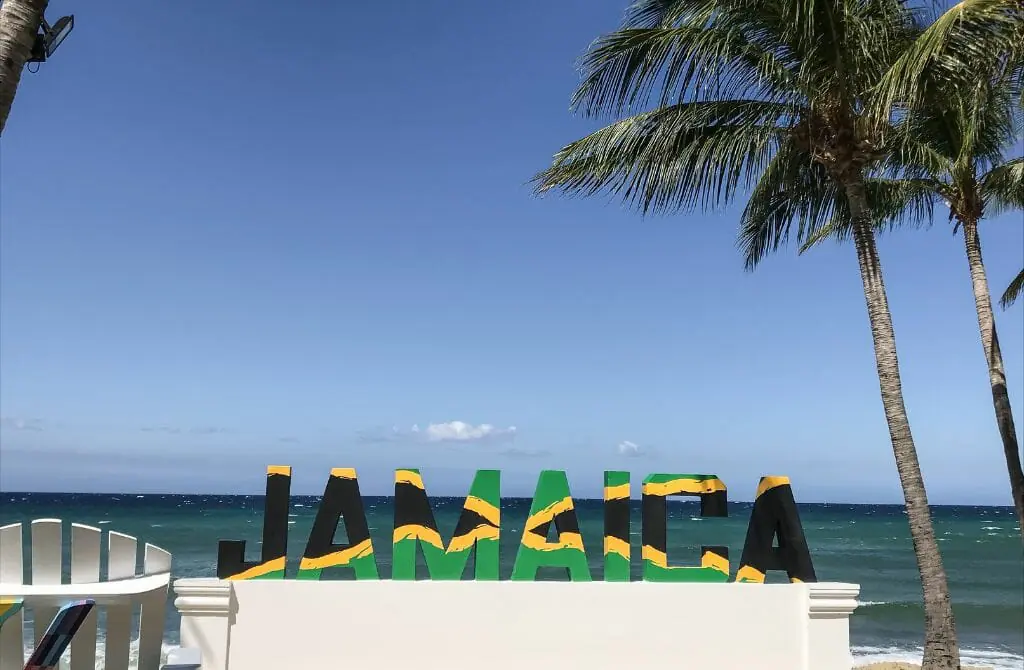
Protect Yourself While Travelling In Gay Jamaica
As an LGBT traveler in Jamaica, it’s crucial to be aware that local laws and societal attitudes towards the LGBT community can differ greatly from those in other countries. While the local population may face severe legal and social challenges, tourists generally experience fewer instances of discrimination. However, as a visitor to Jamaica, it’s important to understand the context in which you’ll be navigating and to prioritize personal safety.
For both local people and tourists, consensual sexual intercourse between same-sex partners is punishable by law, with men facing the highest penalties. However, these laws are predominantly enforced against homosexual men and not as often against tourists. Despite this, caution is still essential for everyone within the LGBT community.
To protect yourself while exploring Jamaica, consider taking the following steps:
- Be mindful of public displays of affection, as these may draw unwanted attention.
- Endeavor to stay in LGBT-friendly accommodations that prioritize the safety of their guests.
- Connect with other LGBT travelers and locals through social media or meetups to gather firsthand advice.
- Refrain from discussing your sexual orientation or gender identity with strangers unless you feel entirely safe doing so.
It’s essential to remember that situations can change rapidly, and information may be outdated. Make sure to research current developments and seek advice before traveling to Jamaica. As in any country, there will always be individuals with ill intentions, so remaining vigilant is key. By being aware of the local context and taking precautionary measures, you can help ensure a safer and more enjoyable experience as an LGBT traveler in Jamaica.
